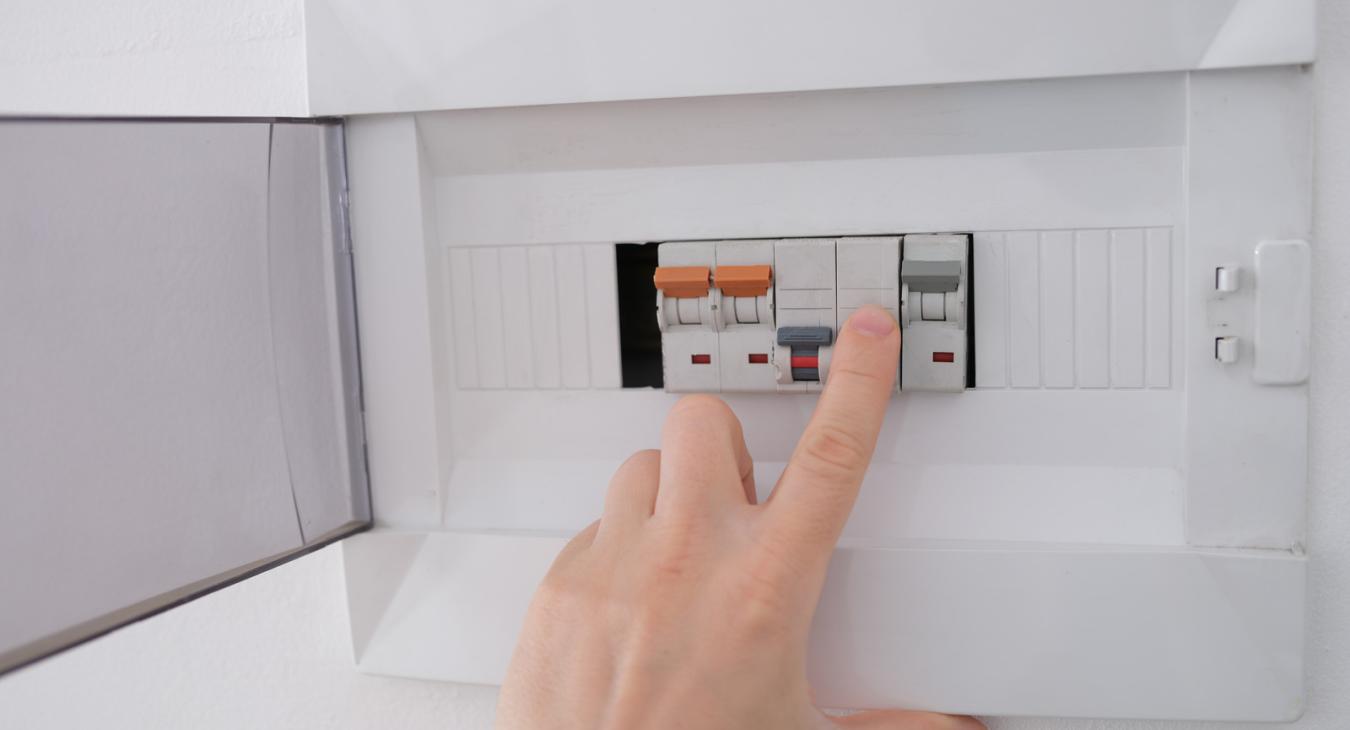
Do I need to replace my RCDs? This is a question my Coventry based team and I are being asked on a frequent basis. These enquiries have been prompted by the serious safety concerns raised by recent legislative changes regarding the installation of RCDs. Electrical Experts Coventry have put together a quick guide to explain what this new legislation means and why you might need to replace your RCDs.
What is an RCD?
RCD is short for Residual Current Device. RCDs are a vital safety device whose primary function is to protect you from the risk of electric shock should you touch something carrying live current. They also provide protection from the risk of electrical fire. RCDs provide a level of protection that fuses and circuit-breakers cannot compete with. RCDs are found in your fuse board/consumer unit. There are several types of RCDs available, each designed for a specific task. The correct RCD type must be installed by your electrician in order to fully protect you.
Which RCD do I need to replace?
The requirements for electricians regarding which type of RCDs should be installed have recently been amended. This is the first-time legislation has specified which RCD type must be selected. It relates to the replacement of type AC RCDs with type A. Type AC RCDs were the most common type of RCD fitted in fuse boards across the UK and had been the industry standard for many years. This change has occurred because type AC RCDs only react to AC earth fault currents and can be ‘blinded’ by a DC overload generated by electrical equipment with DC components. They may not operate within the required time and, in the worst cases scenario, not at all. This blinding effect occurs when an electronically controlled device introduces a DC current into the wiring and turns off the RCD. Almost every socket in our homes now carries a load that could cause DC feedback, even a washing machine features sophisticated electronic components. This is why type AC RCDs now need to be replaced.
Which RCD is Recommended?
Regulation 531.3.3 of BS 7671:2018+A2:2022 states that the appropriate RCD type must be chosen based on the presence of DC components and AC frequencies. Type AC RCDs can only be used to serve fixed electrical equipment where the load current contains no DC components. Although Type AC RCDs can still be used for fixed equipment with no possibility of DC fault current, Type A RCDs are now the absolute minimum for socket circuits and any fixed equipment which may produce DC fault currents. Type A RCDs can react to both AC and DC fault currents safely and are the newer, safer RCD type. They are protected from the blinding effect of a DC current feedback.
Type A RCDs were previously quite expensive in comparison to Type AC RCDs and were, therefore fitted less frequently. This means even recent fuse board changes may need to be revisited to ensure full protection. If you are unsure which type of RCD has been installed in your Coventry home, Electrical Experts will be happy to come and assess the situation and advise you if your RCD needs replacing.
If any electrical installations are being carried out in your home, it would be prudent to ensure your electrician installs type A RCDs as standard to avoid extra expense for you in the future. Very few electrical items are without risk of DC current feedback, even LED lightbulbs contain electronic components. Many manufacturers have discontinued Type AC RCDs, preferring to supply type A as a minimum. Therefore, it is possible that Type AC RCDs will become obsolete due to lack of demand. Type A RCDs will likely become standard for most new installations.
Electrical Experts are based in Coventry and are known locally as the go to, trusted experts. My team and I are all fully qualified and NICEIC registered electricians. We pride ourselves on our friendly, professional and reliable service. If your RCDs need replacing or you have any questions about replacing RCDs, call us today.
- Log in to post comments
